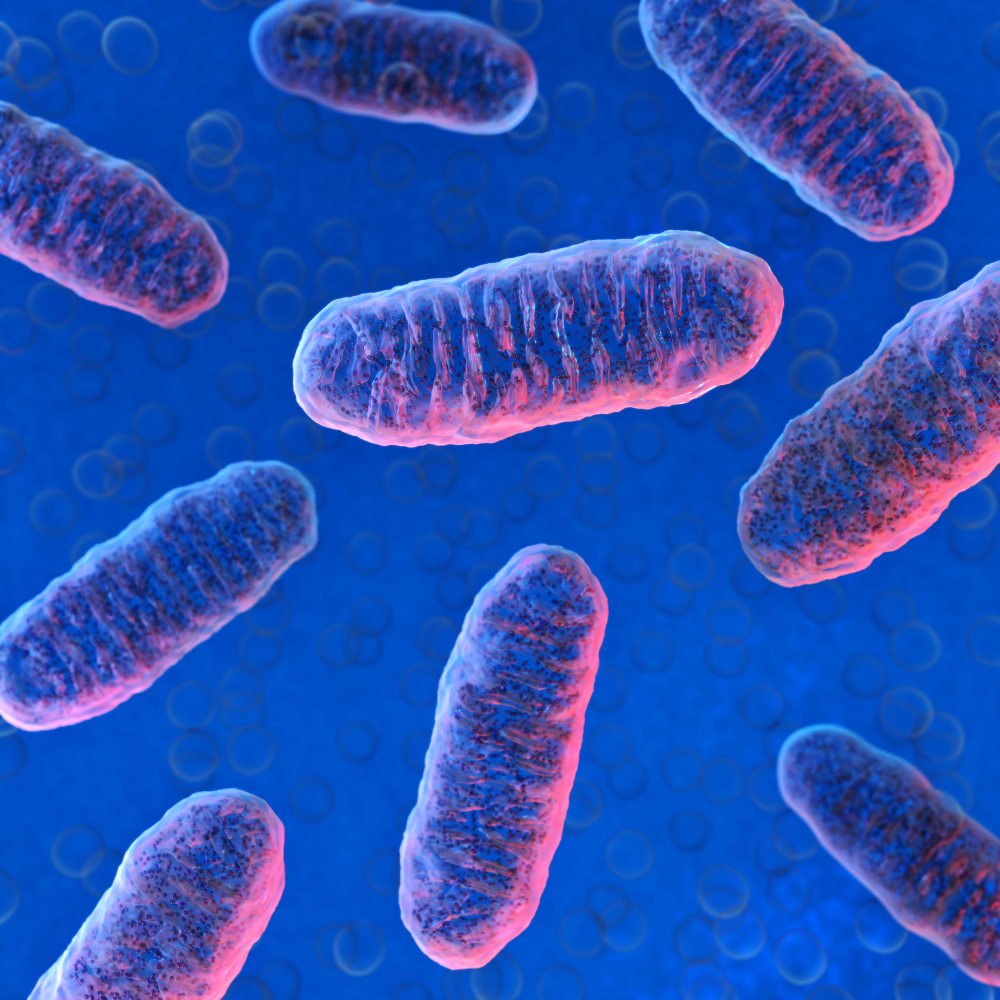Mitochondrial DNA from Fathers Could Lead to New Therapies, Study Suggests

A new study found rare cases of mitochondrial DNA (mtDNA) being passed down from fathers in three unrelated families.
The surprising findings could lead to novel treatments for inherited mitochondrial diseases, the scientists said.
The research, “Biparental Inheritance of Mitochondrial DNA in Humans,” was published in the journal Proceedings of the National Academy of Sciences.
Mitochondria, cellular organelles responsible for the production of energy, have their own type of DNA, independent from that found in the cell’s nucleus. Given its uniqueness, mtDNA has been extensively studied to understand the genetics of humans and animals.
In almost all mammals, mtDNA is passed down exclusively from the mother. In contrast, transmission of paternal mitochondria or mtDNA has not been convincingly shown, leading to ongoing debate of whether maternal mtDNA may exist with paternal mtDNA in the offspring.
The team, from the U.S., China and Taiwan, identified 17 cases from three unrelated multiple-generation families with a high level of mtDNA heteroplasmy (24-76%), which refers to the presence of different mtDNA sequences within one individual and is common in mitochondrial diseases. Also, the level of mtDNA heteroplasmy correlates with the severity of clinical symptoms.
The first identified patient was a 4-year old boy who was evaluated because of fatigue, low muscle tone, muscle pain, and ptosis (drooping eyelids). A mitochondrial disorder was suspected. His family members showed various clinical symptoms — including a suspected case of multiple sclerosis — but were not suspected to have mitochondrial disorders.
Then, sequencing of his mtDNA revealed an abnormally high level of heteroplasmy, also seen in his two sisters. Ten of the mtDNA heteroplasmic variants found in the mother were inherited from her father, while nine were transmitted from both parents. Similar patterns were observed in additional family members.
Analyses of two other families — one where the first person identified (called the proband) was a 35-year-old man with developmental delay, chronic fatigue, diabetes and congenital heart disease, and another whose proband was a 46-year-old woman with Guillain-Barré syndrome — revealed a highly similar mtDNA transmission pattern.
Of note, similar results were observed in three independent laboratories using different methods, according to a news release.
All 17 cases showed mtDNA transmission from mother and father, with an autosomal dominant-like inheritance mode, which means that an alteration in one copy of a gene located in a nonsex chromosome is enough to impair function.
Prior research has shown that the mtDNA of sperm cells is destroyed once an egg becomes fertilized. As such, the scientists hypothesized that some males may carry mutations that prevent their mtDNA from being destroyed and affect mtDNA replication, which would increase the abundance of paternal mtDNA and help explain their findings.
“Our results suggest that, although the central dogma of maternal inheritance of mtDNA remains valid, there are some exceptional cases where paternal mtDNA could be passed to the offspring,” the scientists wrote.
They also considered that their study “potentially opens a novel field in mitochondrial medicine.” Understanding how paternal mtDNA is transmitted “may even lead to the development of new avenues for the therapeutic treatment for pathogenic mtDNA transmission,” the researchers added.






